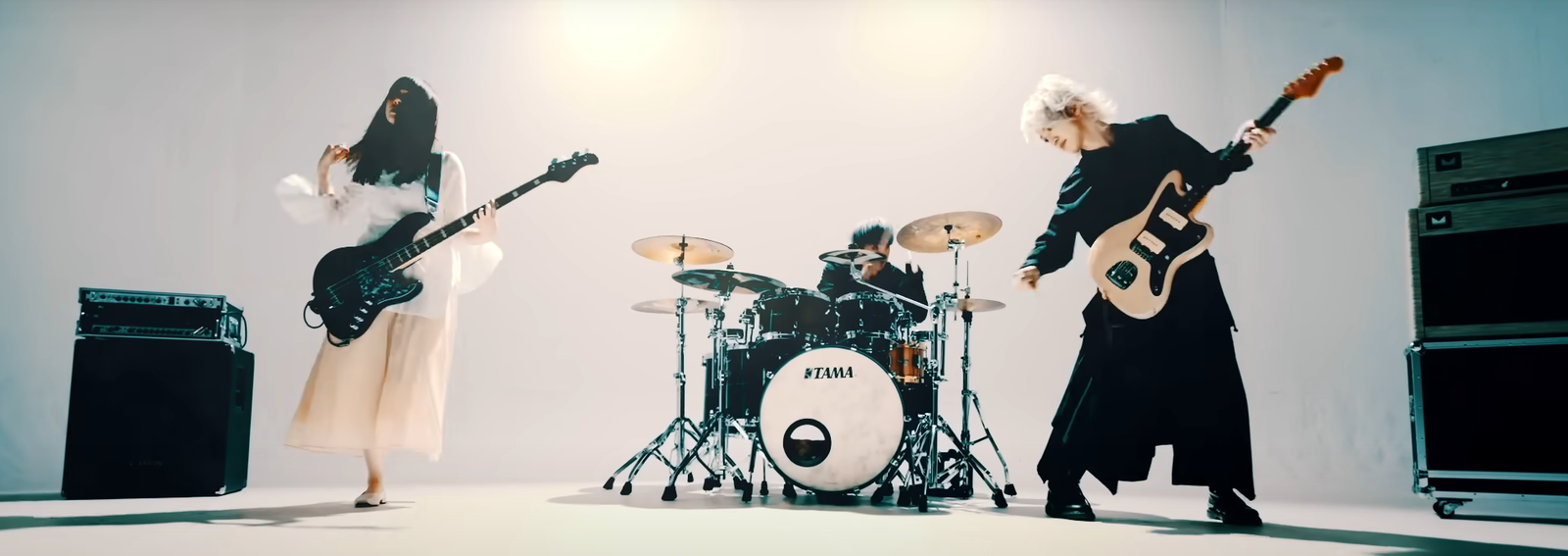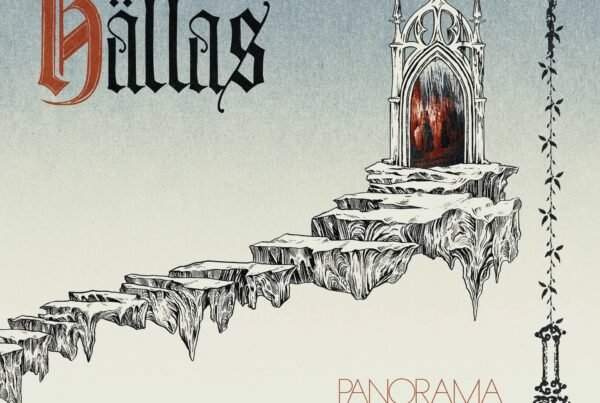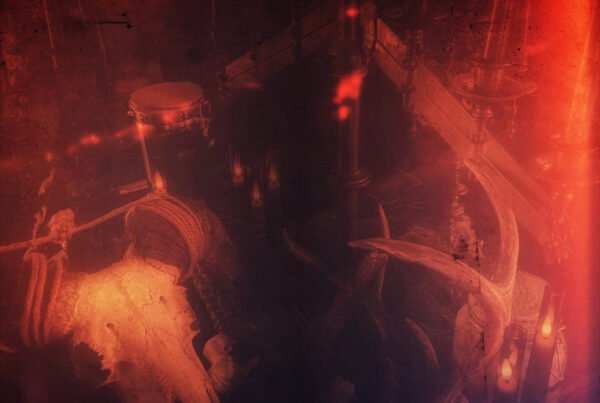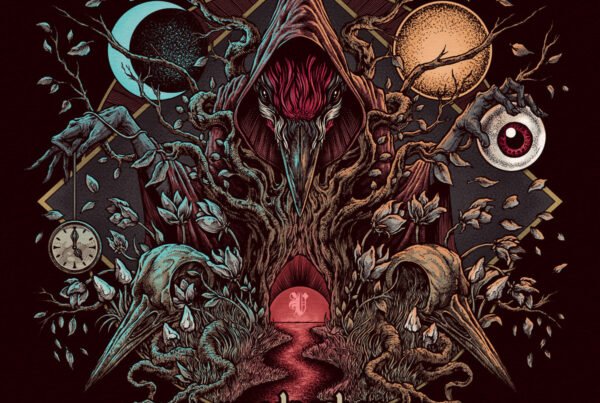Bristling with brightness and exuberance, Sokoninaru そこに鳴る give us a tasty treat in the form of KAIGAN SYOUMEI 開眼証明.
Release date: July 24, 2024 | NBCUniversal Entertainment Japan | Facebook | Spotify | YouTube | Website
This isn’t the first time I’m talking about Sokoninaru and their tunes. When I first touched on them here, taking Choetsu apart, I spared no expense with exposition, details, and technical breakdowns. So check that out if you want some background, but you can check it out anyway even if that’s not the case. I honestly can’t believe it’s been four years since then. I didn’t forget about what they did in between, namely 7 ultimate materials and 啓蒙して、尋常に (‘Keimou shite, jinjou ni – Enlighten me, ordinarily’), however, and I’m going to be very real, they didn’t feel worth covering. It’s not that they’re bad per se, just that I didn’t feel like they stood out with anything in particular, given their track record.
KAIGAN SYOUMEI, though, steps up and feels like it’s the rightful successor of Choetsu and I’m here for it 150%. It’s obvious that the band is slowly shifting to a different sound. It might not be immediately obvious, since they retain a lot of the characteristics that give them their particular timbre, namely the complex riffs and melodies, short but dense songs, and the energetic dual-vocal delivery. One of the things that gave it away for me was the emphasis on a much more rock-oriented style of drumming and rhythm choices, which obviously moves further away from the strongly metal-driven drumming. There’s also a stronger tendency to lean on all sorts of elements from pop, with more emphasis on that signature flowery and bright math-rock vibe.
I can’t honestly say that I dislike this shift, although I can’t say I love it either, I’m just not sure how to take it, I guess. Don’t take this the wrong way, the record is a lot of fun, especially for first time listeners of the band. It’s packed with a much more lighthearted and jovial disposition and it keeps a much more uniform or consistent delivery. I did enjoy the tunes a lot, I do love Sokoninaru in the end, especially “Tousou wo tsugu” and “Endless me” since they hearken more to the general demeanor of Choetsu and ISSEN.
What I think I would’ve genuinely wished for KAIGAN SYOUMEI to do, is to make the complexity of the riffs and melodies a bit more flashy. This is absolutely not a complaint. It’s just something I would’ve liked a bit more than what’s on the table. Call me old-fashioned or whatever, but I like complicated stuff to sound even more complicated than it actually is. The presentation of the intricate bits present gives them less of a punch and makes them more digestible, which is great for people who are into music that tends to be more easygoing.
Ultimately, KAIGAN SYOUMEI is kind of like Sokoninaru taking a deep breath before stepping into a new place, unmistakably themselves, but with a hint of something different on the horizon. It’s the kind of album that feels like a conversation between the band’s past and their future, blending their signature complexity with a newfound lightness. Sure, I might miss a bit of the flash and dazzle, but there’s no denying the infectious energy and charm that flows through every track. It’s a fresh twist on their sound that’s both familiar and catchy, making it clear that Sokoninaru isn’t afraid to experiment. Whether you’re a long-time fan or just discovering them, KAIGAN SYOUMEI offers a glimpse of where they’ve been and where they might be headed next.






